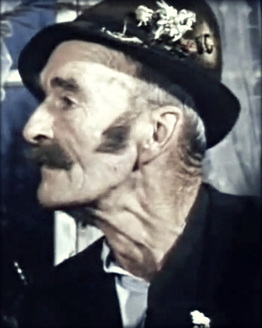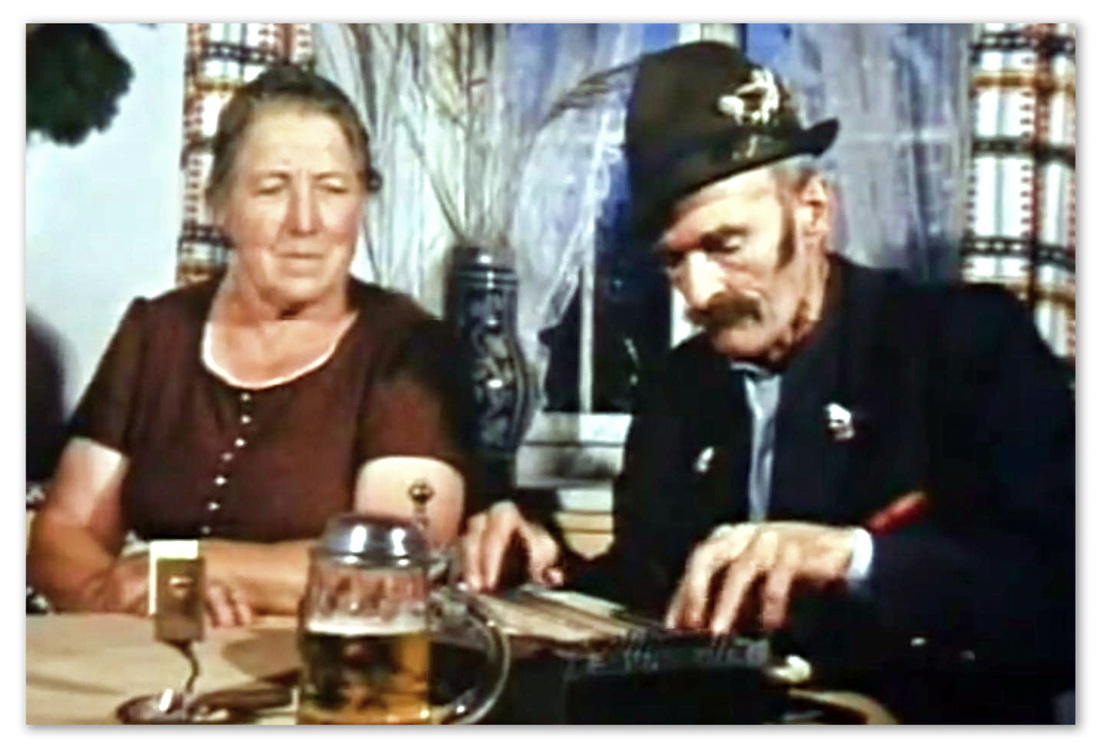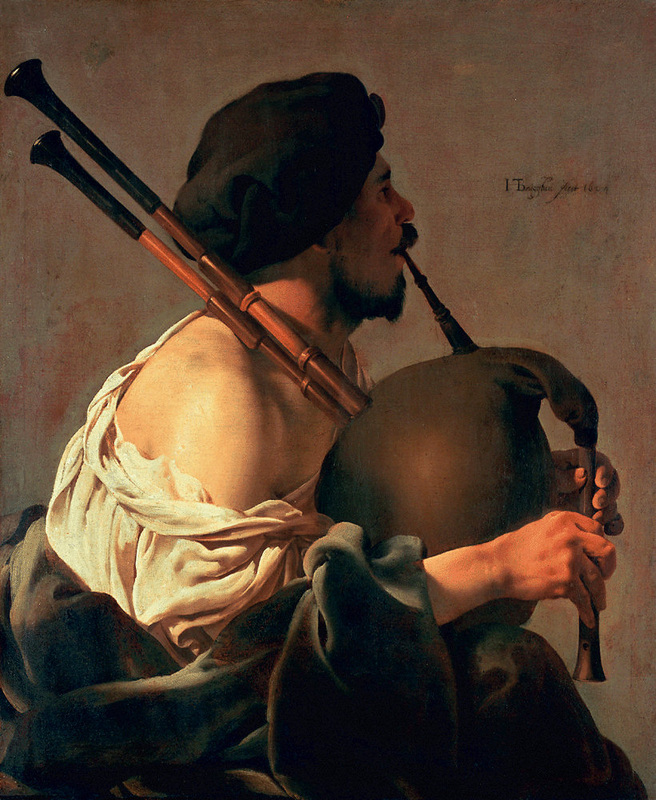
Born in Greiling, a village in the county of Bad Tölz-Wolfratshausen, Bavaria, he was the youngest of nine children, and he took up the Zither under the tutelage of one of his older brothers. He enjoyed performing in various local gatherings, and even entertained his fellow soldiers after being drafted into the army during WWI. In 1918, after the defeat of the German army, Bauer happily went home to his family farm, where he returned to performing music. Around 1920 he joined a musical group formed by Anna, Benedict and Mary Trischberger, called "Das Gaißacher Sänger und Zitherquartett" (Gaißach is another municipality in Bad Tölz-Wolfratshausen), which became very popular across the region.
He married Anna Trischberger, and he settled on Kraudn farm in the village of Lehen in Gaißach; thus, by Bavarian traditional naming conventions, he became, and remained, Der Kraudn Sepp. Sepp, or it's diminutive, Sepp'l, is a regional nickname for Josef, so he was called "Josef of Kraudn farm".
He played with the quartet until Anna died in 1967, which is an incredible run for a group of any musical style, and then went on to perform Zither solos and songs alone. He made a number of albums, and he came to represent, in many ways, the ideal of the regional country lifestyle. True to the vernacular music of the German-speaking countries, his songs are full of "earthy" (read: bawdy) content; songs for farmers and carpenters to drink thick, foamy beer to.
I was turned on to Der Kraudn Sepp by my Dutch friend Harry Van Lunenburg, and I've been obsessed ever since. Real Bavarian music, in the USA, anyway, is fairly difficult to come by, even when you have any idea who is who; what an incredible find I have in this amazingly expressive player. His rustic, yet expressive Zither picking compliments his unadorned singing in a colourfully unpredictable way.
His album Sonntag (Sunday) is readily available on the web, both digitally and on compact disc.


 RSS Feed
RSS Feed

